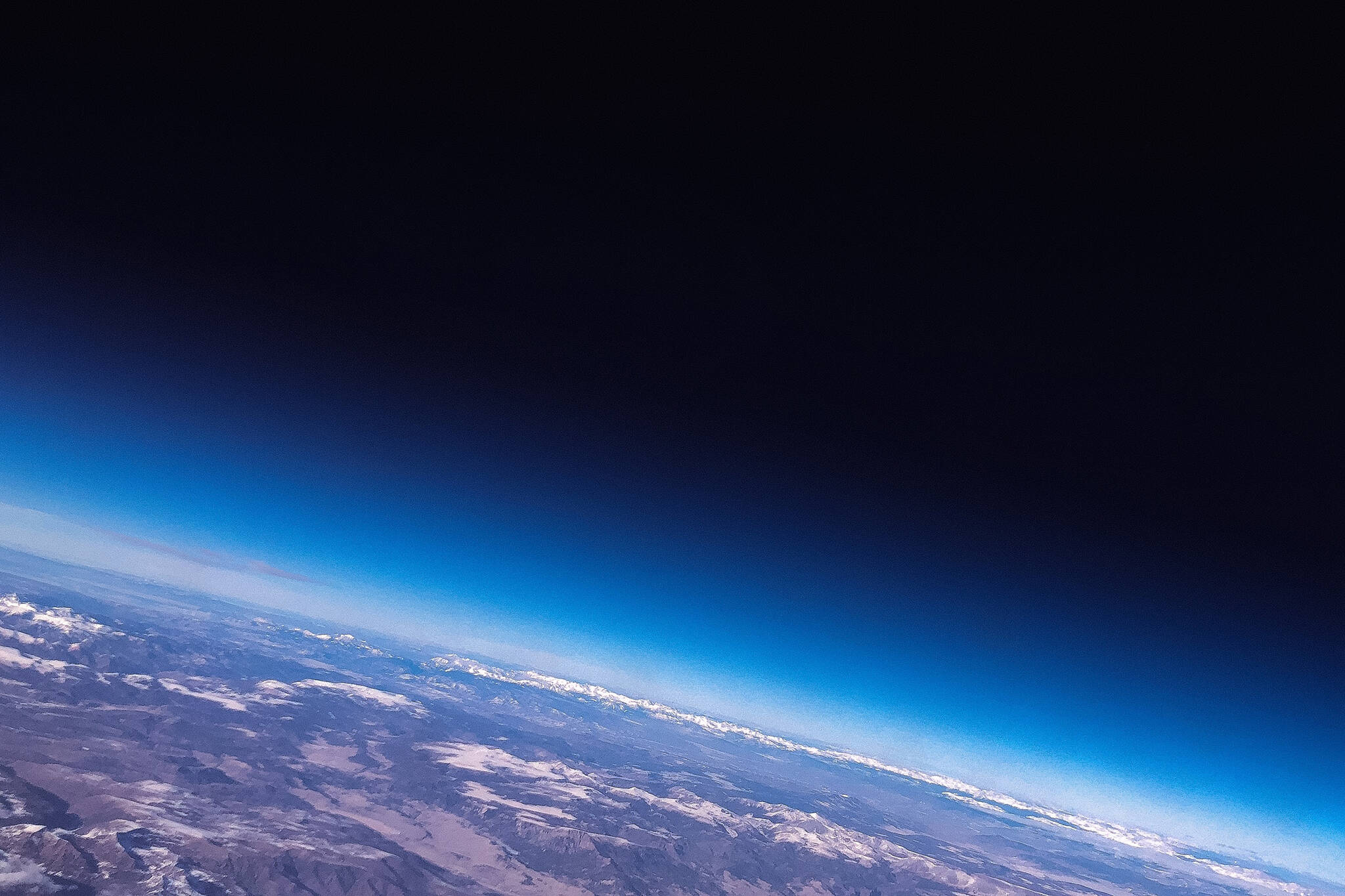By Mike Tobin
It’s back! I am referring to the colossally bad idea known as the Alaska Liquified Natural Gas project pushed by the Alaska Gasline Development Corporation. They just released a report, funded by the state of Alaska, that hypes a plan to build a gas treatment plant on the North Slope, an 807-mile pipeline to Cook Inlet, and a gas liquification-for-export facility in Nikiski for an estimated $38.7 billion.
The idea has been around for decades. Why hasn’t it been built? Most recently, according to Larry Persily, “North Slope producers in 2016 decided not to spend more money on the economically challenged $38 billion project and dropped out of the application process.” “Companies will always invest in projects with the least amount of risk and the best potential for profit, and Alaska’s LNG project just doesn’t stack up.”
So, of course, the industry wants federal government funding.
Among the weakest points made by the report is that the Alaska LNG project, over a 30-year life cycle, would release less greenhouse gases than Chinese coal! Set the bar low enough and even one-legged millipedes can jump over it.
Actually, 10 or 15 years ago this might have been a legitimate claim, because on a per/BTU basis natural gas emits about 30% less carbon dioxide than coal. But natural gas is mostly methane, and since 10 years ago we have learned that methane leaks in the production of natural gas are much larger than previously realized. Two things about methane: it is 25 times more potent than CO2 as a greenhouse gas, and unlike CO2, it can’t be absorbed by forests. Natural gas and its most transportable form, LNG, are certainly as problematic as coal. LNG is simply not a climate-friendly product.
Since this project was first proposed decades ago, stuff has happened. The climate has gone unstable. Green technology has developed rapidly. Wind, solar and battery technologies in many places are now cheaper than fossil fuels, a development that is killing the coal industry.
Imagine the changes that will occur in the next 30 years. If current trends continue (and they will since the climate crisis is now baked in) we will have further collapse of crab and salmon fisheries, further permafrost melt, further village collapse, further heat waves, fires, droughts, floods, and sea level rise.
As a standard practice when a project of theirs is challenged, the industry will cry “Jobs! Jobs!” If they were sincere about that, the companies could put crews to work tomorrow stopping methane leaks from existing and abandoned wells and pipelines. They could fund the projects needed by Alaska Native villages to stabilize or move them in light of river and coastal erosion. This erosion is the direct result of permafrost melt and loss of sea ice cover, both due to the planetary toxicity of the fossil fuel industry’s products. But they won’t. They will leave that up to you and me.
In considering a big project like Alaska LNG, there is something called “opportunity cost.” It means that if you put your eggs and money in one basket you don’t put them in another. You lose the opportunity. The Renewable Energy Alaska Project estimates that over one billion dollars of the approximately $6 billion spent on energy in Alaska yearly is wasted due to inefficiencies. This includes the heating, electricity and transportation sectors. The Alaska Housing Finance Corporation has reported that the energy-efficiency upgrades they have helped finance have resulted in about 30 per cent savings in heating residential buildings. Thousands of residences remain to be upgraded. (Read “Jobs! Jobs!”)
The Alaska Gasline Development Corporation’s self serving report is an example of “greenwashing”, in this case dressing up a dirty fossil fuel project as green by comparing it to possibly dirtier projects. Instead let’s compare it to possible projects in wind, solar, tidal and small hydro power, and to possible pumped hydro projects for energy storage.
Instead of corporate welfare for a long-term fossil fuel project, federal Build Back Better monies should be put to work employing Alaskans to build the economy of the future.
Mike Tobin is a 350JuneauSteering Committee member. Tobin resides in Juneau. Columns, My Turns and Letters to the Editor represent the view of the author, not the view of the Juneau Empire. Have something to say? Here’s how to submit a My Turn or letter.

